Fill in the form and get news from the AQUAPHAGE network
AQUAPHAGE
The research project AQUAPHAGE develops bacteriophage-based solutions for disease prevention in rainbow trout aquaculture and test them on a farm scale. Once commercialized the perspective is a more sustainable aquaculture with a reduced use of antibiotics.
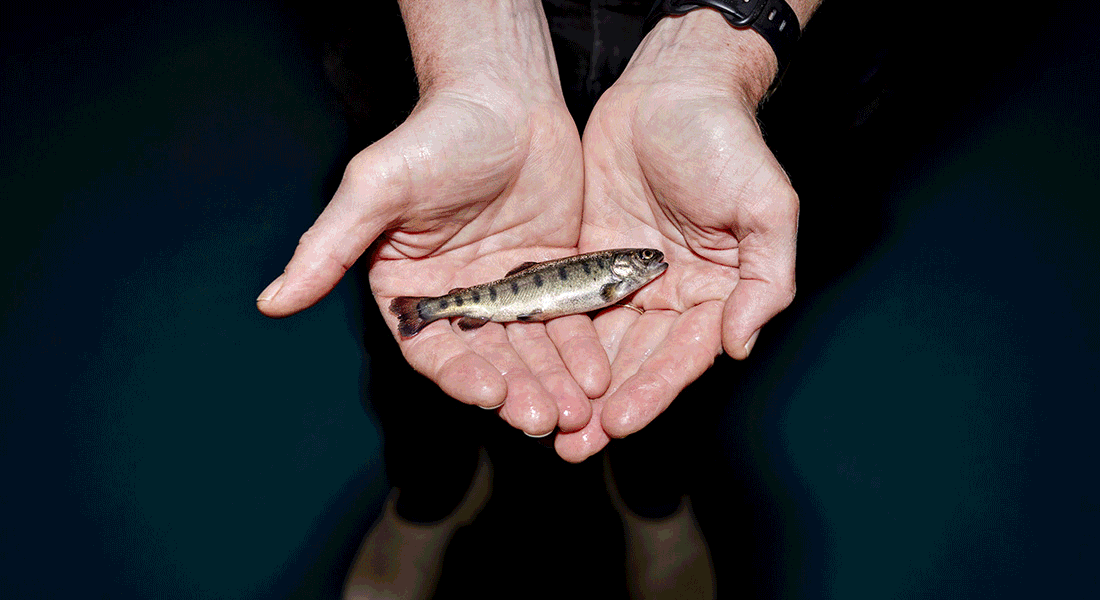
AQUAPHAGE – Towards a sustainable aquaculture: Phage-based solutions for disease prevention in rainbow trout aquaculture
A new sustainable alternative to antibiotics has the potential to fight diseases in trout farming by using bacteria's natural enemies, bacteriophages, to control bacterial diseases. The goal of AQUAPHAGE is to contribute to phasing out the use of antibiotics in the aquaculture industry and contribute to a sustainable development by preparing new products to the market.
The project AQUAPHAGE will develop sustainable strategies to prevent and control bacterial pathogens in trout aquaculture, using bacteriophages.
AQUAPHAGE will contribute to increase production efficiency and reducing the environmental burden of aquaculture. The project will produce and test prototype products targeting the bacterial pathogen Flavobacterium psychrophilum (F. p.) in eggs, larvae and juveniles, and bring them to a technological readiness level that allows commercialization post project.
A sustainable future protein source
Aquaculture production has a huge potential as a future sustainable protein source as it is characterized by low carbon emission per kg protein relative to other meat producing sectors.
Innovation has been driving improvements in the efficiency, competitiveness, and overall sustainability of aquaculture with important progress over the last decade, especially in the field of feed conversion efficiency, and thus further decreasing the carbon footprint.
Towards an antibiotic-free aquaculture
However, an efficient and cost-effective control of pathogens remains among the main challenges for the sector, calling for novel green solutions.
The proposed methodology represents a pioneering approach to future sustainable and antibiotic-free aquaculture practices targeting different stages and processes in the production cycle. By targeting this pathogen with novel tools, AQUAPHAGE aims at developing antimicrobial products with a global market potential, reducing the use of antibiotics, and supporting a green transition of the aquaculture industry.
University of Copenhagen (UCPH BIO)
Mathias Middelboe, Professor
Valeria Ruffo, PhD student (Cure4Aqua)
Lotta Landor, post doc
Jasmin Tesani, MSc student
Frederik Sivertsen, MSc student
Joep Jansen, MSc student
Anne Østergaard Steffensen, MSc student
Helle Kovaltsenko, Accountant
Cecilie Appeldorff, Lab technician
University of Copenhagen (UCPH IFRO)
Rasmus Nielsen, Associate professor
Max Nielsen, Associate professor
Miho Maezono, PhD student
Technical University of Denmark (DTU)
Lone Madsen, Senior Scientist
Valentina Donati, post doc
Danish Technological Institute (DTI)
Anne Christine Steenkjær Hastrup, Director
Gusztáv Szilágyi, Consultant
DanAqua
Niels Wittus, Manager
Carus Animal Health
Rajesh Odedra, R&D Director
Jolian Howell, Chief Commercial Officer
Greg Firth, Clinical Director
Nicky Love, Marketing Manager
Fixed-Phage
Jason Clark, Chief Scientific Officer
Gordon Smith, Senior Scientist
Albulena Zhara, Laboratory Scientist
Aller Aqua
Jiwan Chettri, R&D Manager
Advisory Board
Lone Brøndsted, Professor, University of Copenhagen
Martha Clokie, Professor, University of Leicester
Innovationfund Denmark
Niels Bech Lucassen, Investment Officer
Subcontractor
Charlotte Aabo, Owner, Aabo Communication
University of Copenhagen, Department of Biology (UCPH BIO)
Isolation and characterization of bacteriophages will be done at UCPH BIO, who will also work on optimization and testing of phages at lab scale for selection of safe and efficient phage combinations used in sequent product development and large-scale testing.
Technical University of Denmark, National Institute of Aquatic Resources (DTU AQUA)
DTU-Aqua will provide test facilities for aquaria-scale phage performance test, as well as reproducible infection models with the targeted pathogen to quantify the effects of different product types on pathogen load and fish performance.
Danish Technological Institute (DTI)
Pipelines and procedures for an upscaled phage production will be developed and optimized by DTI for subsequent use in the large-scale testing experiments.
Carus Animal Health (CAH)
CAH provides the product development and commercialization expertise needed to devise a successful route to market. Furthermore, Carus Animal Health will establish product profiles and undertake the necessary processes for regulatory approval and market authorization in relevant territories.
Fixed-Phage
Using their patented immobilization technology, Fixed Phage LtD will be in charge of pilot-scale corona-discharge immobilization of phages onto biofilter and feed surfaces for for optimization of coating and delivery methods.
KSK Aqua and Aller Aqua
KSK Aqua and Aller Aqua are biofilter and fish feed producers, respectively, and take part in the product development and innovation process, contributing with customized biofilter and feed products that will be used for phage coating and subsequent performance test and optimization.
DanAqua
DanAqua is a producer of rainbow trout fry and will provide facilities for farm-scale testing, and function as a representative of the end-users with advise about the specific product requirements.
University of Copenhagen, Department of Food and Resource Economics (UCPH IFRO)
UCPH IFRO will perform the analyses of market potential and environmental impact of the products in close collaboration with the commercial and manufacturing partners in the project.
September 2025: Newsletter released from the AQUAPHAGE project: September 2023: Newsletter from AQUAPHAGE released:
September 2023: Newsletter from AQUAPHAGE released:

Backing bacteriophages to replace antibiotics in trout farming. Article on the Fish Site May 2023
Bæredygtigt alternativ til antibiotika skal bekæmpe sygdomme i ørredopdræt, pressemeddelelse fra Innovationsfonden, 3. maj 2023
Bacteriophage therapy - a new method for controlling pathogenic bacteria in aquaculture
Virus der inficerer bakterier, de såkaldte bakteriofager, kan potentielt udnyttes til at bekæmpe sygdomsfremkaldende bakterier, som et alternativ eller supplement til antibiotika. I samarbejde med en række danske og udenlandske forskningsinstitutioner og virksomheder gennemfører vi i øjeblikket to store forskningsprojekter, der undersøger potentialet i denne nye behandlingsform kaldet bakteriofag-terapi i behandlingen af fiskesygdomme.
Projekternes formål er at udvikle en ny metode til behandling af infektioner med henholdsvis Vibrio anguillarum og Flavobacterium psychrophilum, der forårsager milliontab i akvakultur verden over. Bakterierne er resistente overfor de mest anvendte kemiske antibiotika. Projekterne vil belyse potentialet i dette behandlingsprincip, og skabe grundlaget for en egentlig kommerciel udnyttelse af metoden. Rent praktisk betyder det bla. arbejde med isolering og karakterisering af bakteriofager, samt test af effekter af bakteriofagtilsætning på overlevelse af de pathogene bakterier og af inficerede fisk.
Contact person / supervisor:
Mathias Middelboe, Professor, Marine Biological Section,
e-mail: mmiddelboe@bio.ku.dk
Prophages: Ticking time bombs or key genetic elements in bacterial hosts?
In the marine environment, 30-40 % of the bacteria are infected and killed by bacteriophages, and the interactions between phages and bacteria are central to the ecology and evolution of marine microbial communities with significant effects on biogeochemical cycles. Following infection, lytic phages hijack the cellular machinery of the bacteria to produce new phages and kill the host, whereas temperate phages integrate their genome into the host chromosome, where it remains dormant (prophage) until conditions favor its reactivation and lysis of the host cell.
The prophage genome represents a potential metabolic burden and molecular time bomb in the host genome which at any time can induce and kill its host. Temperate phages also have direct influence on the genetic composition and architecture of the host since the incorporated phage genome is replicated along with the host genome. Consequently, prophages can potentially enrich the host cell with new beneficial genes, for example by encoding virulence factors in pathogenic bacteria. The capacity of phages to encode virulence properties and disseminate these among marine Vibrio communities needs to be explored for improving understanding of the role of phages as drivers of virulence in this bacterial group.
The overall objective of the project is to decipher the genetic mechanisms and environmental controls of phage-driven virulence by quantifying phage-mediated transformation of harmless Vibrio bacteria into pathogens of humans, fish, shellfish and corals. Such research will provide new insight on phage influence on dynamics and dispersal of virulence in the marine environment.
Contact persons / supervisors:
Mathias Middelboe, Professor, Marine Biological Section,
e-mail: mmiddelboe@bio.ku.dk
Sachia Jo Traving, Post doc, Marine Biological Section,
e-mail: sjtraving@bio.ku.dk
Bacteriophage control of microbial biofilms - Pseudomonas aeruginosa from CF patients
In a new collaborative project with professo Oana Ciofu, Department of International Health, Immunology and Microbiology, we investigate how bacteriophages influence the evolution and properties of Pseudomonas aeruginosa during infection of the respiratory tract in cystic fibrosis (CF) patients. In these patients, P. aeruginosa develops a high degree of resistance to antibiotics, and one of the aims of the project is to assess whether bacteriophages can be used as an alternative to antibiotics in the fight against bacterial infections in CF- patients.
Contact person / supervisor:
Mathias Middelboe, professor, Marine Biological Section,
e-mail: mmiddelboe@bio.ku.dk
Contact
Project leader
Professor Mathias Middelboe
Mail: mmiddelboe@bio.ku.dk
Phone: +45 35 32 19 91
Mob: +45 41 17 87 98
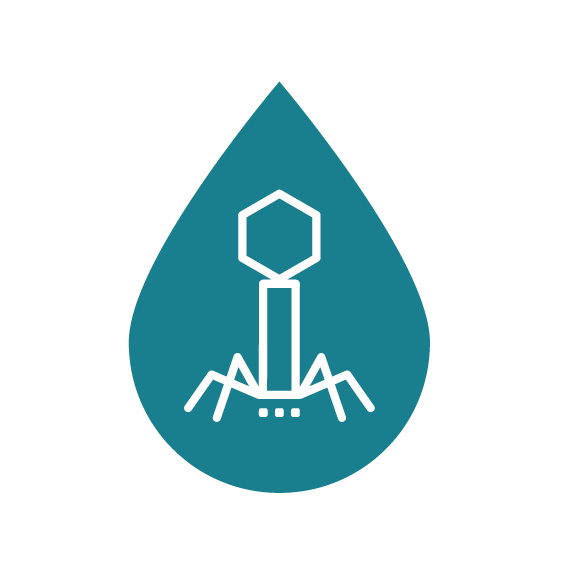
The goal of AQUAPHAGE is to contribute to phasing out the use of antibiotics in the aquaculture industry and contribute to a sustainable development by preparing new products to the market.
The AQUAPHAGE Team:
| Organisation | Name | Title | Photo |
|---|---|---|---|
| University of Copenhagen (UCPH BIO) |
Mathias Middelboe |
Project coordinator |
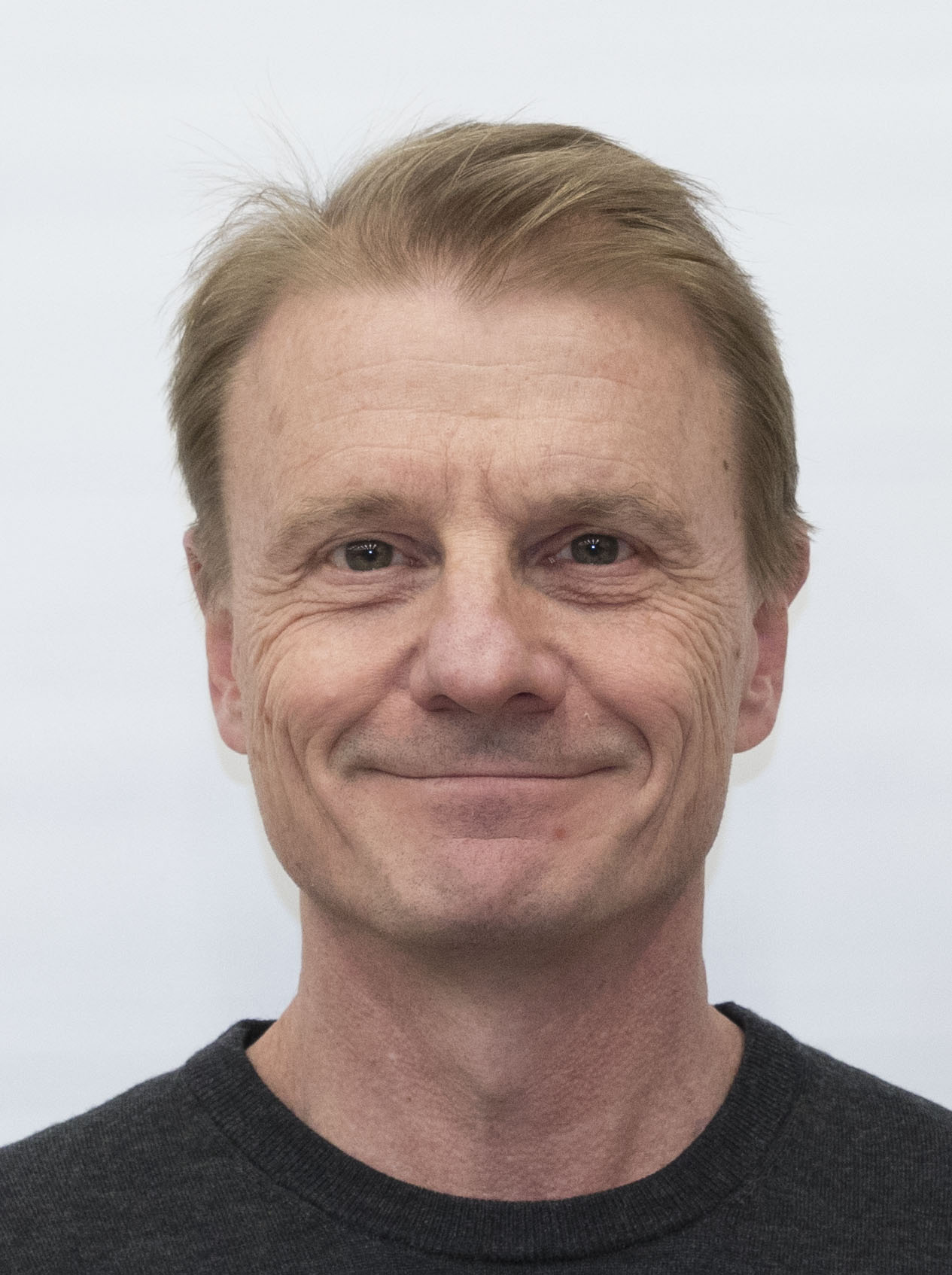 |
| Lotta Landor | Post doc | 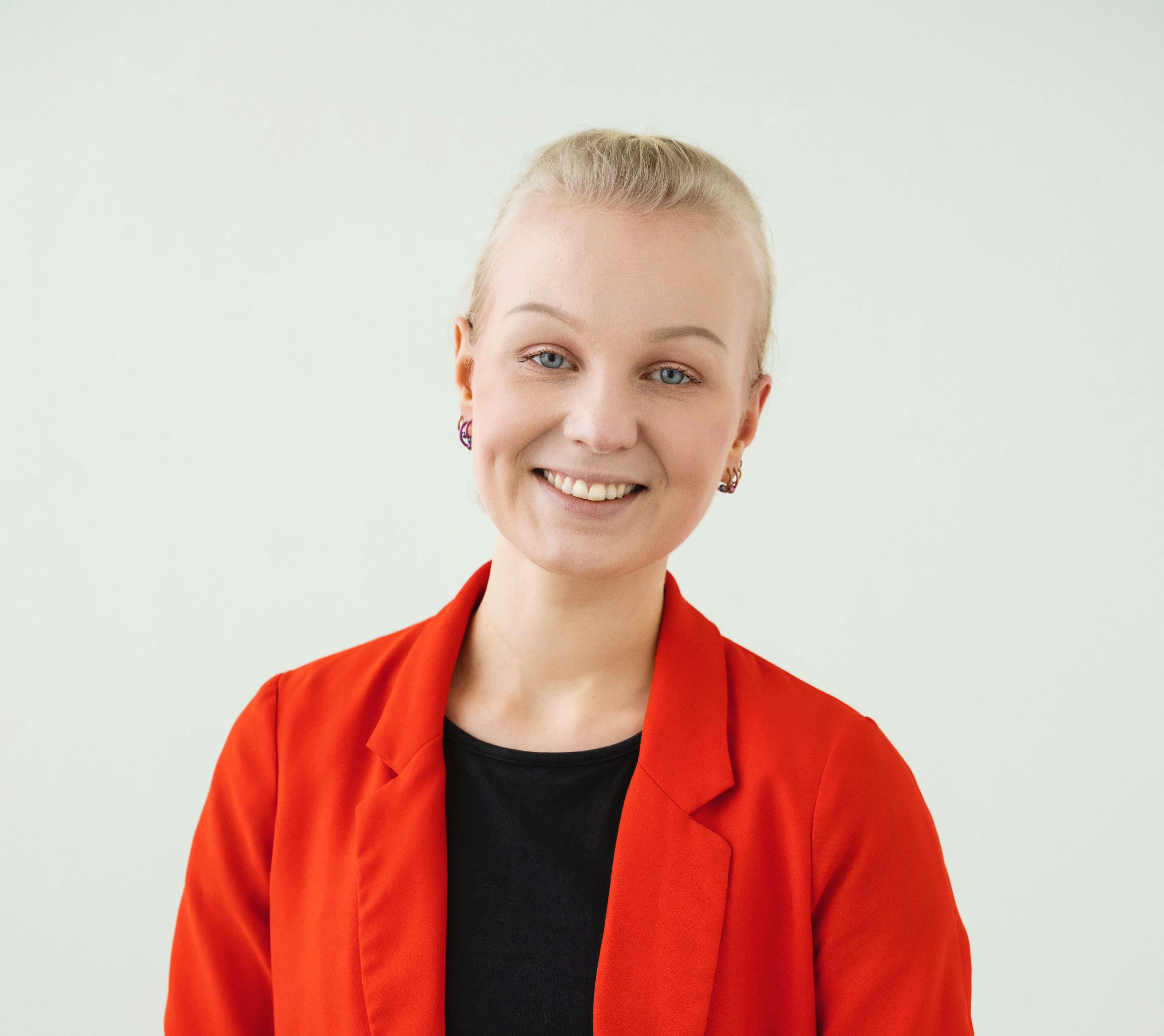 |
|
| Valeria Ruffo | PhD student | 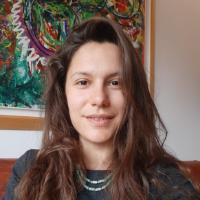 |
|
| Yi-Hsuan Chang | MSc student | ||
| Nur Rafiq | MSc student | ||
| Joep Jansen | Research assistant | ||
| Freia Hosbond | BSc student | ||
| Helle Kovaltsenko | Accountant | 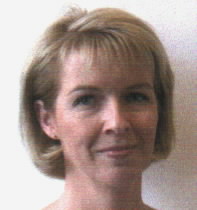 |
|
| Sara Lykke Brinch | Lab technician | ||
| University of Copenhagen (UCPH IFRO) | Rasmus Nielsen | Associate professor | 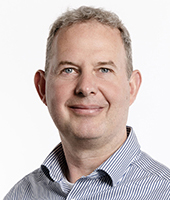 |
| Max Nielsen | Associate professor | 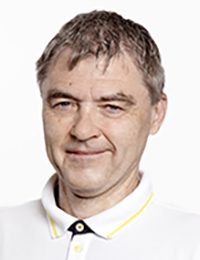 |
|
| Miho Maezono | PhD student | ||
| Technical University of Denmark (DTU) | Lone Madsen | Senior Scientist | 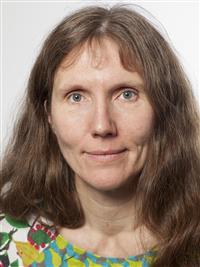 |
| Valentina Donati | Post doc | 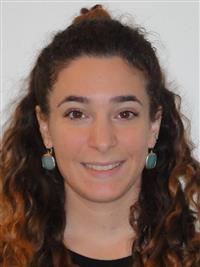 |
|
| Danish Technological Institute (DTI) | Anne Christine Steenkjær Hastrup | Director | |
|
Gusztáv Szilágyi, |
Consultant | ||
| DanAqua | Niels Wittus | Manager | |
| Carus Animal Health | Rajesh Odedra | R&D Director | 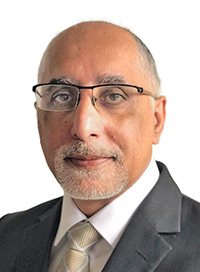 |
| Jolian Howell | Chief Commercial Officer | 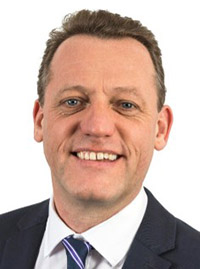 |
|
| Greg Firth | Clinical Director | 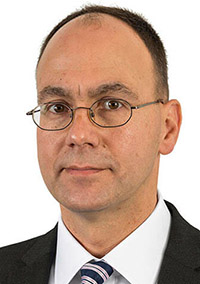 |
|
| Fixed-Phage | Jason Clark | Chief Scientific Officer | 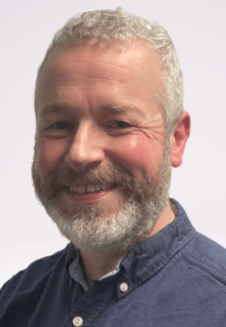 |
| Gordon Smith | Senior Scientist | 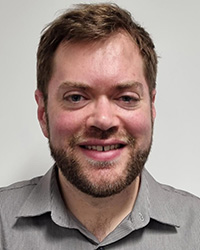 |
|
| Aller Aqua |
Jiwan Chettri |
R&D project manager |
|
| Advisory Board | Lone Brøndsted, | 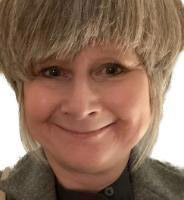 |
|
| Martha Clokie | Professor | ||
| Innovationfund Denmark | Maja Kofod Dam-Jensen | Investment Officer | |
| Subcontractor | Charlotte Aabo | Owner, Aabo Communication | 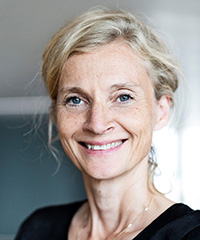 |

